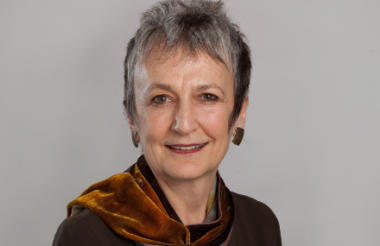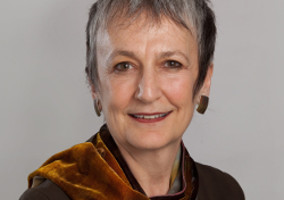Julia Unwin, chair of the Commission on the Future of Civil Society, said the project would launch in April and that she hoped it would give the sector the tools it needs to face up to current challenges.
Unwin, the former chief executive of the Joseph Rowntree Foundation, told attendees at the Charity Commission public meeting in York that the commission would launch on 20 April.
The inquiry has been backed and funded by a group of foundations and will explore the role of civil society over the next ten years.
Yesterday Unwin said she hoped the inquiry would have a similar “impact as the Deakin report in 1995” but that while that report “spoke to government because government held some of the keys” she expects her report to make many recommendations for the sector.
“Many of the recommendations will speak to the sector,” she said, because “the sector holds many of the keys to our future”.
“Never has there been a more important time for us to get our house in order,” she added.
Post Brexit the sector ‘has a responsibility’
She said that the result of the vote to leave the European Union had demonstrated that society is “more divided than ever” and said that is a “really scary picture”.
Unwin called on charities to “take responsibility” and look for ways to bring people together.
“We are a sector that knows about bringing people together”, she said, and that has never been “more needed than now”.
Structures of society are changing
Unwin highlighted how the digital revolution was fundamentally changing society and the economy “in ways we are just beginning to grapple with”.
Referring to the ‘gig’ economy and companies like Uber, she said that some are “making a vast amount of money out of it and at the same time talking the same language of inclusivity from our sector,” and said this showed how “boundaries are changing”.
Unwin also said that the rise and influence of things like petition websites had “empowered” some to take social action and that the sector should be “alert” to developments.
She cautioned that technology had “liberated some and excluded others” and said there was a “challenge to civil society in ways I don’t think we have thought about before”.
Some new social organisations are “not structured in the way some of us are”, she said.
"I increasingly see new voluntary organisations that look very similar to ones I was involved with in the 1970s: mattresses in church halls, for example, because that’s the way to house homeless people immediately," she said.
She described a “real challenge to the established voluntary sector” and said it needs to ask if it is “going to embrace it or put up borders” and suggested that the sector could be “missing out on some energy and drive” if it does not find a way of managing new entrants to the sector.
You might also be interested in
‘Desire to challenge is in our DNA’
She said the advocacy role of the sector is important and that many charities “must be a challenge to government”.
Many charities were “formed by an impulse to change things” so “the desire to challenge is in our DNA”.
She said it was part of the role of charities to “enable voices to be heard” and to “convene spaces where we can have difficult conversations”.
Related articles











